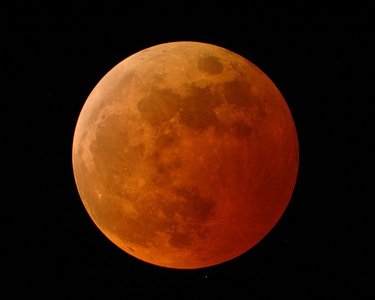ハリーポッターvsトワイライト
この質問に回答する
ハリーポッターvsトワイライト 質問
Perhaps there was no moon tonight—a lunar eclipse, a new moon. New Moon, Chapter 3 -I'm confused. Is Bella equating Lunar Eclipse w/ New Moon?
And don't Lunar Eclipses happen during full moon?
|
next question » | ||
|
|
|||







